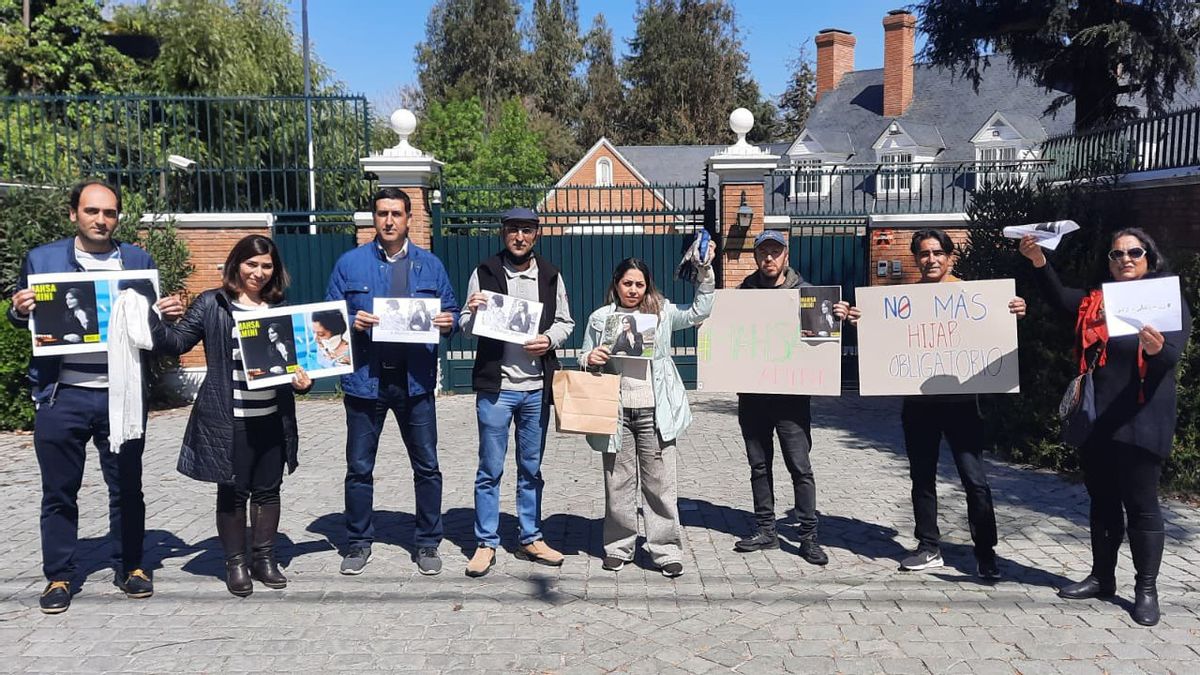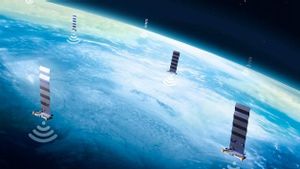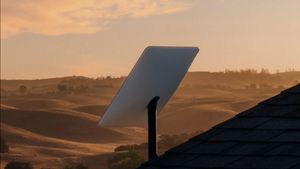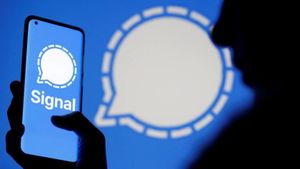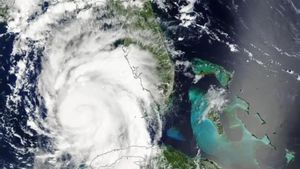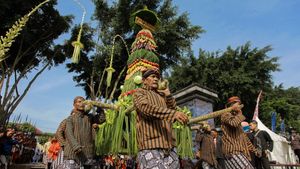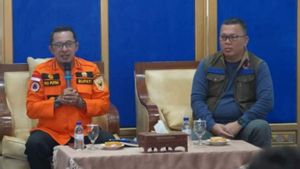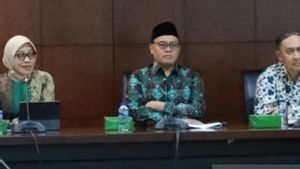JAKARTA – The Iranian government on Wednesday, September 21 restricted its citizens' access to Meta Platforms such as Instagram and WhatsApp. Both are the last remaining social media networks in the country. The restrictions come amid protests over the death of a woman in police custody. The blocking was also reported by Iranians and internet watchdog NetBlocks.
Last week's death of Mahsa Amini, 22, who was arrested by moral police in Tehran for "inappropriate dress", has sparked anger over issues including freedoms in the Islamic Republic and an economy reeling from sanctions from the west.
NetBlocks also reported "national-scale loss of connectivity" on Iranian cell phone providers and other corporate networks.
"WhatsApp servers have been disrupted at several internet providers, hours after the Instagram service was blocked," London-based NetBlocks told Reuters.
The group's data shows near-total disruption to internet services in parts of the western Iranian province of Kurdistan since Monday, September 19 while in the capital Tehran and other parts of the country have also faced disruptions since Friday, September 16, when protests first broke out.
Two residents in Tehran and southern Iran said they could only send texts and not pictures on WhatsApp and even Instagram appeared to have been completely blocked.
Iran often restricts internet access to make it harder for protesters to post videos on social media to gain support and also to get reliable reports on the state of unrest.
In 2019, the Iranian government shut down the internet for about a week to help quell protests that turned political, sparking the bloodiest crackdown in the Islamic Republic's 40-year history.
Protests have been particularly intense in Kurdistan where Iran's Revolutionary Guards have a dark history of suppressing unrest.
Iran's Communications Minister said earlier on Wednesday, September 21 that he had been misquoted after a news outlet quoted him as saying that the authorities may be interfering with internet services for security reasons.
관련 항목:
Social media websites such as TikTok, YouTube, Twitter and Facebook are routinely blocked in parts of the Islamic Republic of Iran, which is known to have the most stringent internet controls in the world. But tech-savvy residents bypass those restrictions by using virtual private networks (VPNs).
Meta and Iran's Foreign Ministry did not immediately respond to requests for comment from Reuters on the restrictions.
However, this internet restriction has provoked Elon Musk to intervene through his desire to provide Starlink internet network in the country. Even the SpaceX CEO's intentions have received the green light from the US Treasury.
If Starlink's internet network can reach Iran, then communication via the internet can return to life in that country.
The English, Chinese, Japanese, Arabic, and French versions are automatically generated by the AI. So there may still be inaccuracies in translating, please always see Indonesian as our main language. (system supported by DigitalSiber.id)
